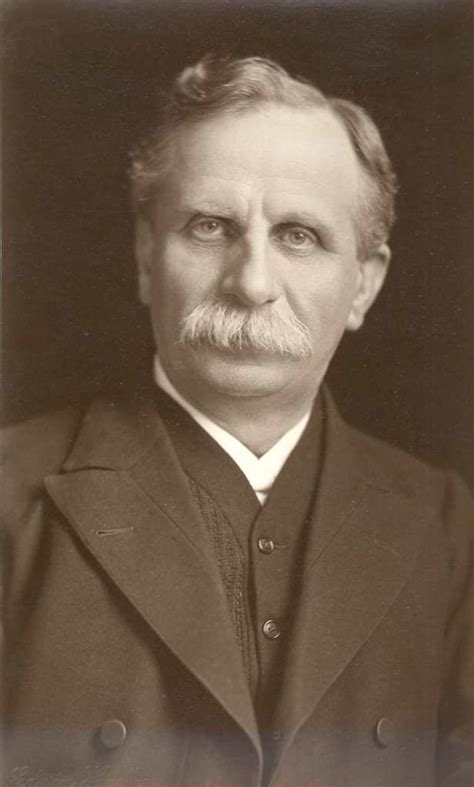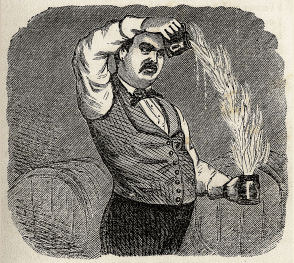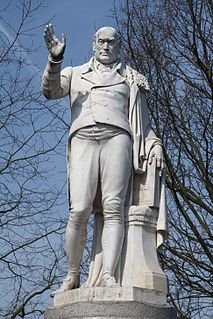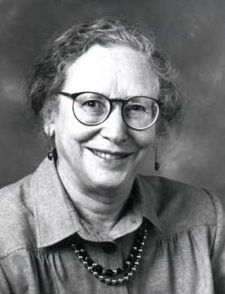A Quote by Friedrich August von Hayek
Intellects whose desires have outstripped their understanding.
Quote Topics
Related Quotes
Allah, the Exalted, gave the angels intellect without desires, He gave the animals desires without intellect, and He gave both to the sons of Adam. So a man whose intellect prevails over his desires is better than the angels, whilst a man whose desire prevails over his intellect is worse than the animals.
An efficient bartenders first aim should be to please his customers, paying particular attention to meet the individual wishes of those whose tastes and desires he has already watched and ascertained; and, with those whose peculiarities he has had no opportunity of learning, he should politely inquire how they wish their beverages served, and use his best judgment in endeavoring to fulfill their desires to their entire satisfaction. In this way he will not fail to acquire popularity and success.
And last are the few whose delight is in meditation and understanding; who yearn not for goods, nor for victory, but for knowledge; who leave both market and battlefield to lose themselves in the quiet clarity of secluded thought; whose will is a light rather than a fire, whose haven is not power but truth: these are the men of wisdom, who stand aside unused by the world.
Far be it from us to doubt that all number is known to Him 'Whose understanding is infinite' (Ps. 147:5). The infinity of number, though there be no numbering of infinite numbers, is yet not incomprehensible by Him Whose understanding is infinite. And thus, if everything which is comprehended is defined or made finite by the comprehension of him who knows it, then all infinity is in some ineffable way made finite to God, for it is comprehensible by His knowledge.
A state of things in which a large portion of the most active and inquiring intellects find it advisable to keep the genuine principles and grounds of their convictions within their own breasts, and attempt, in what they address to the public, to fit as much as they can of their own conclusions to premises which they have internally renounced, cannot send forth the open, fearless characters, and logical, consistent intellects who once adorned the thinking world.
Women, I believe, search for fellow beings who have faced similar struggles, conveyed them in ways a reader can transform into her own life, confirmed desires the reader had hardly acknowledge-desires that now seem possible. Women catch courage from the women whose lives and writings they read, and women call the bearer of that courage friend. [p. 138]




































